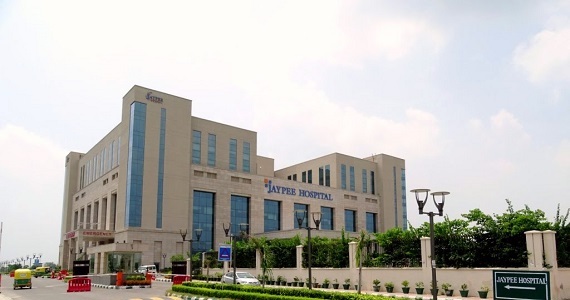Perianal Fistula Repair Surgery Treatment in India
treatment
starting from
Introduction
Perianal fistulas are painful and distressing conditions that affect many individuals worldwide. If you or someone you know is suffering from this condition, you may be considering perianal fistula repair surgery as a viable treatment option. In this blog, we will delve into what perianal fistulas are, explore the surgical approach to treating them, and shed light on the recovery process.
What is a Perianal Fistula?
A perianal fistula is an abnormal tunnel-like tract that forms between the skin near the anus and the anal canal. It typically results from an infected anal gland that fails to heal properly. The condition often causes discomfort, pain, swelling, and drainage of pus or other fluids. Perianal fistulas can severely impact a person's quality of life, affecting daily activities and causing emotional distress.
When is Surgery Recommended?
Perianal fistulas can be complex and challenging to treat. While some may respond to conservative treatments like antibiotics, sitz baths, and dietary changes, surgery is often necessary for a long-term solution, especially in cases of chronic or recurrent fistulas.
Surgical intervention is typically recommended under the following circumstances:
- Failure of Conservative Treatments: If conservative measures do not lead to significant improvement or complete healing, surgery may be considered.
- Recurrent Fistulas: Recurring fistulas that do not resolve with non-surgical treatments may require surgical management.
- Complex Fistula Anatomy: Fistulas that have multiple tracts, high or low in the anal canal, or associated with other complications may require surgery.
- Abscess Formation: When an abscess (a painful collection of pus) develops in association with the fistula, drainage of the abscess and surgery for the fistula repair may be necessary.
The Perianal Fistula Repair Surgery
Perianal fistula repair surgery aims to remove the abnormal tract, promote healing, and prevent future recurrences. There are several surgical techniques available, and the choice of approach depends on the complexity of the fistula and the surgeon's expertise.
1. Fistulotomy: This is a common surgical procedure where the surgeon cuts open the fistula tract, allowing it to heal from the inside out. Fistulotomy is typically used for simple, low fistulas.
2. Advancement Flap Repair: This technique involves using nearby healthy tissue to cover the fistula opening and promote healing. It is often used for higher or more complex fistulas.
3. Seton Placement: A seton is a piece of thread-like material that is placed through the fistula tract to keep it open. This helps drain the infection and allows the surrounding tissue to heal. Seton placement is often used for complex or deep fistulas.
4. Fibrin Glue Injection: In this approach, a special medical glue is injected into the fistula tract to seal it off. It is suitable for certain simple fistulas but may not be appropriate for all cases.
Recovery and Postoperative Care
Recovery from perianal fistula repair surgery can vary depending on the complexity of the procedure and the individual's overall health. Some general postoperative care guidelines include:
- Pain Management: Pain and discomfort are common after surgery. Pain medications prescribed by the surgeon can help manage this discomfort.
- Wound Care: Keeping the surgical area clean and dry is crucial for proper healing. Your surgeon will provide instructions on wound care and dressing changes.
- Dietary Recommendations: Eating a fiber-rich diet and staying hydrated can help prevent constipation and ease bowel movements, reducing strain on the healing area.
- Avoiding Strain: It's essential to avoid heavy lifting and strenuous activities during the healing process.
- Follow-up Visits: Regular follow-up appointments with the surgeon are essential to monitor the healing progress and address any concerns.
Conclusion
Perianal fistula repair surgery is a valuable treatment option for individuals suffering from complex or recurrent perianal fistulas. While the surgery and recovery may seem daunting, seeking appropriate medical attention and adhering to postoperative care instructions can lead to a successful outcome. Remember, every case is unique, and it is crucial to consult with a qualified surgeon to determine the most suitable treatment approach for your specific condition. The goal of perianal fistula repair surgery is to alleviate pain, promote healing, and improve your overall quality of life.
How It Works
Need help in organizing medical travel to India?






